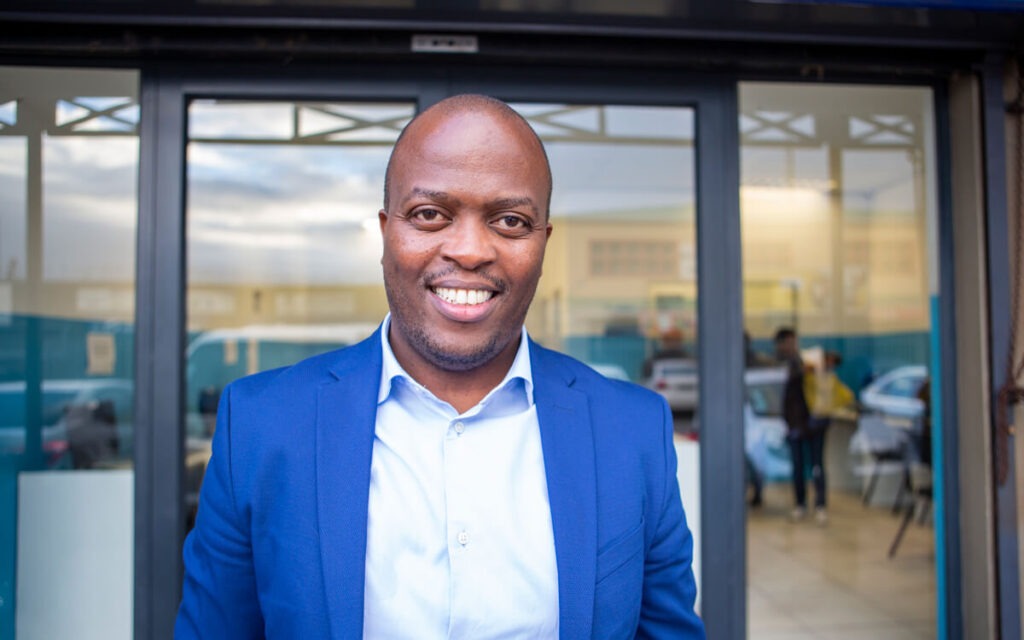
A too big emotional investment in your business can take its toll on your mental health.
“Entrepreneurs make huge emotional investments in their ideas. They become one with their concepts, their services, and their gadgets. Their business becomes their identity,” Theo Tsaousides, Ph.D, a neuropsychologist, speaker, and author, told Psychology Today.
“Any loss or failure is no longer just about time and money. It is about their self-worth.”
Tsaousides adds: “And that kind of investment can be a slippery slope. It can take a serious toll on your mental health.
“Dealing with mistakes, complaints, and rejection on a regular basis, could make even the strongest self-esteem crumble. Especially when that self-esteem becomes synonymous with being successful.”
The company is its own entity with its own eco-system. There must be a clear separation between it and you so that it can grow without you
When too much is too much
Luvuyo Rani, co-founder of Silulo Ulutho Technologies, an information and communication technologies (ICT) business, says he knows all too well how easy it is to let your emotions get the best of you when doing business.
“It’s hard not to take things to heart when things go wrong (within your business),” says Rani, who was named 2016 Schwab Foundation Social Entrepreneur of the Year.
“You eat and sleep your business.”
He adds: “It is also an entrepreneurial nature to be optimistic and to always believe that your idea is the best – so when people don’t think the same, it is a letdown.”
Rani and his brother, Lonwabo, started their business selling refurbished computers from the boot of his car in 2004, which later evolved into a computer repair entity. Their empire now has more than 40 stores, 21 franchises and 220 employees around South Africa. Rani is also the founder of Silulo Business Incubation Centre in Mitchells Plain, which launched in partnership with Vodacom Business, in April last year.
SME South Africa reported that Silulo’s business success story was included as case study – written up by the UCT Graduate School of Business.
Rani reflects on his personal experience.
“In the early days when we were looking for funding, we did not really read the fine print. We were surprised at a later stage when the said funders wanted to exercise an option that was in the fine print.
“We found ourselves stuck and it drained our energy. This is something that we are still trying to fix.”
The most important thing to realise is that you can only do 30% of the work and you leave a legacy
It’s not about you
Rani advises entrepreneurs not to take everything in their business too personally.
“The company is its own entity with its own eco-system. There must be a clear separation between it and you so that it can grow without you.
“The company must be bigger than the individual and speak to the vision,” he says.
He shares the lessons he has learned and offers advice on what entrepreneurs should be focusing on instead.
Rani on signs that you are too emotionally invested in your business
- When you stop listening and are talking over people.
- You’re not being open-minded.
- When all your statements start with “I”.
Rani on the benefits of some emotional distance in business
- It allows you to reflect and laugh at yourself.
- You also realise your strengths and shortcomings.
- You end up with a better view of the business as you are not emotionally attached to it.
- You have an organisation that you can one day sell off or have a continuation plan where other people handle the steering wheel to take the business to greater heights.
- The most important thing to realise is that you can only do 30% of the work and you leave a legacy.
Rani on what entrepreneurs should focus on instead
- The bigger picture. What is the purpose of doing what you are doing?
- Understanding that people will not see things the same way you do.
- Being open to criticism.


